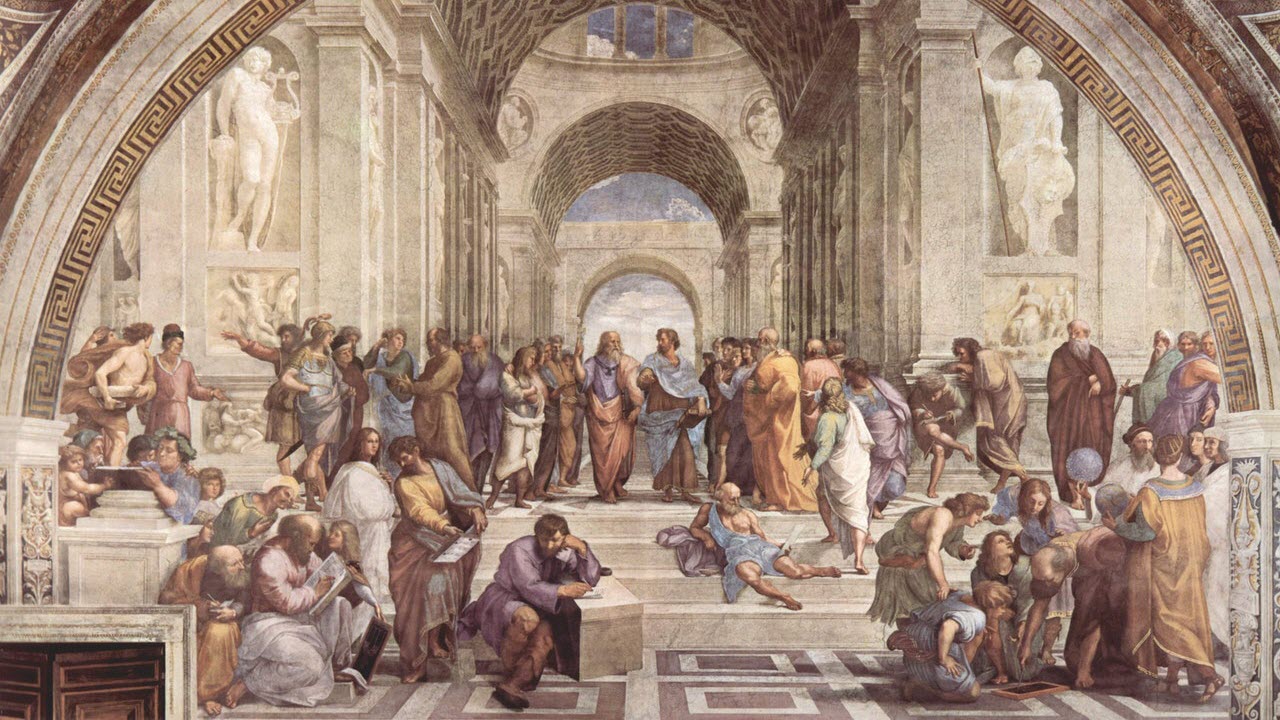
Started by Will Cooper on 2013-05-01 at 14:10:40
Is a narrative theme always a deontological statement, such as "One should or should not…."? Consider Jack London's story "To Build a Fire". What is its theme?
If you recall, the story concerns an inexperienced gold prospector who sets out, foolishly and hubristically, on a solo dog-sled trek too late in the winter season against the advice of other sourdoughs. He falls through thin ice over a stream and freezes to death when he fails to build a fire to dry his clothes and warm himself.
Is this a tale or a story? I would argue it's a story, because it contains a cautionary lesson: don't rashly ignore the advice of more knowledgeable people and put your life at risk unnecessarily. According to the terms of thematic imprinting, this admonition could form the basis of a proposition, perhaps as follows: "One should not attempt to undertake a hazardous journey in the wilderness against the advice of experienced travelers, because possible success in the endeavor is not worth its substantial risks."
However, is that really the theme of the story?
The greenhorn's vector of intent in the beginning is gain; he seeks to reach a destination. After his accident, the inciting incident, it becomes keep; he attempts to survive by building a fire. Clearly, the theme of the story is not a simplistic truism, "One should attempt to survive if caught out in the frigid northern wilderness, because success in the endeavor means salvation." Instead, I would argue that London wanted to convey to the reader a vision of nature or, rather, man's relationship to the natural world. That vision is the theme of the story, its central idea or organizing concept. I would describe it as roughly the notion that nature is indifferent to human beings; it is all-powerful, merciless, and unrelenting; or, put another way, the universe is cold and without pity. Human beings are small and insignificant in comparison to the natural world, whose purposes and ends, if any, lie hidden from them. This is not a "should" or "should not" statement, yet it is the theme of the story. It's a large philosophical idea that has nothing to do with the intent of the character, except in so far as the character acts in a way that flouts the lethal forces of the natural world that ultimately destroy him. So how would you fit this "theme" into the GROK approach?
Roger replied...
I'm not sure that I would consider each thematic statement to be deontological. The "because" elements (rewards and harms of success or failure), in fact, render the statements more on the consequentialist side of the ethical-theory spectrum.
Regardless, the questions posed in this post represent exactly the kinds of questions that thematic imprinting is designed to give rise to. The observation that human beings are insignificant in comparison to the natural world might be factually true, but its impact in a story context must be cast in terms of what its truth means to a main character (or core ensemble of characters). For example, does the character accept the observation as immutable truth? Or does he challenge the normal implications that everyone else touts as following naturally from the observation?
For one author, a character who challenges the observation (or one like it) might succeed in overcoming the accepted implications of the truth in some inventive fashion, thereby supporting the idea that challenging norms is the basis of an advisable endeavor. For another author, the character might fail, resulting in a cautionary tale. But either idea can be couched in terms of the "One should..." or "One should not..." context of thematic imprinting. And the figuring out of which might apply -- and the details of the application -- causes the writer to explore the story and motivations of its characters in greater depth than she might otherwise do.
To Build a Fire will now find its way into the story analysis archives, and when it does, its theme will be explored in more depth.
Thanks, Will.


0 Comments